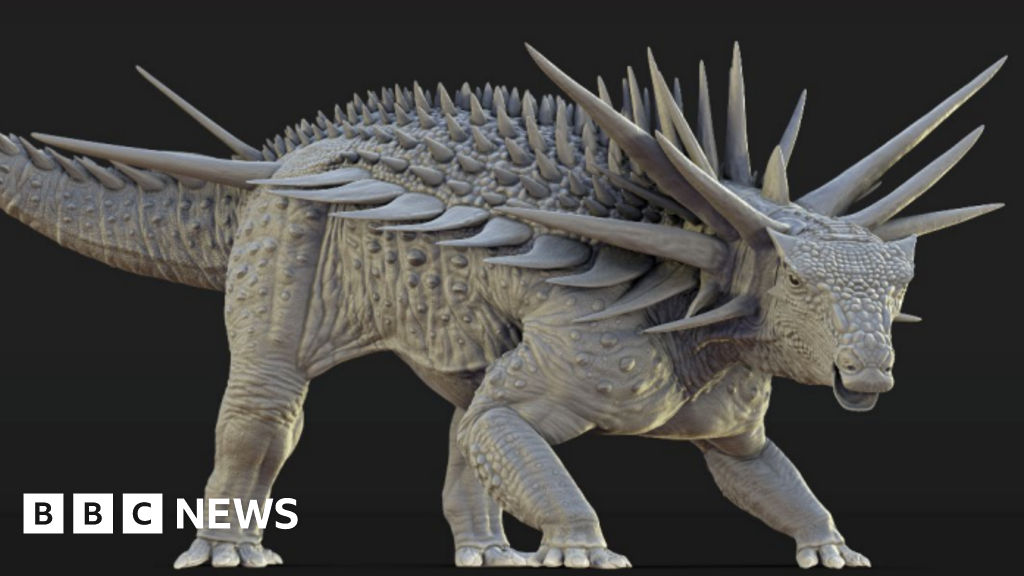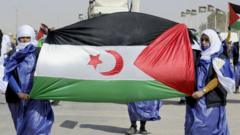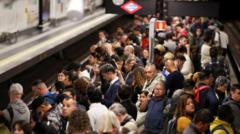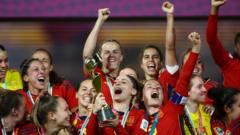Moroccan families uphold a longstanding tradition of celebrating Eid al-Adha, known as the Feast of Sacrifice, by enjoying lamb and mutton. However, for many, the growing financial strains make such luxuries unattainable. In a message delivered by the Islamic affairs minister, Ahmed Toufiq, King Mohammed VI emphasized the need to prioritize community welfare over tradition due to the severe conditions affecting the nation.
“This rite performed under current hardships would severely impact many, particularly those on limited incomes,” the king noted. "On behalf of my people, I will undertake the Eid sacrifice,” he pledged.
Following seven years of drought worsened by climate change-related extreme heat, the country has experienced a dramatic reduction in livestock numbers and has seen rainfall 53% below the average from the last three decades, according to the agriculture ministry. These realities have driven up food prices, particularly for meat, making the cost of the sheep necessary for the celebration prohibitive for many.
The king's remarks aim to strike a balance between religious observance and financial realities, recognizing that many Moroccans would struggle to meet the traditional demands of the festival amidst ongoing climate and economic pressures.
“This rite performed under current hardships would severely impact many, particularly those on limited incomes,” the king noted. "On behalf of my people, I will undertake the Eid sacrifice,” he pledged.
Following seven years of drought worsened by climate change-related extreme heat, the country has experienced a dramatic reduction in livestock numbers and has seen rainfall 53% below the average from the last three decades, according to the agriculture ministry. These realities have driven up food prices, particularly for meat, making the cost of the sheep necessary for the celebration prohibitive for many.
The king's remarks aim to strike a balance between religious observance and financial realities, recognizing that many Moroccans would struggle to meet the traditional demands of the festival amidst ongoing climate and economic pressures.




















